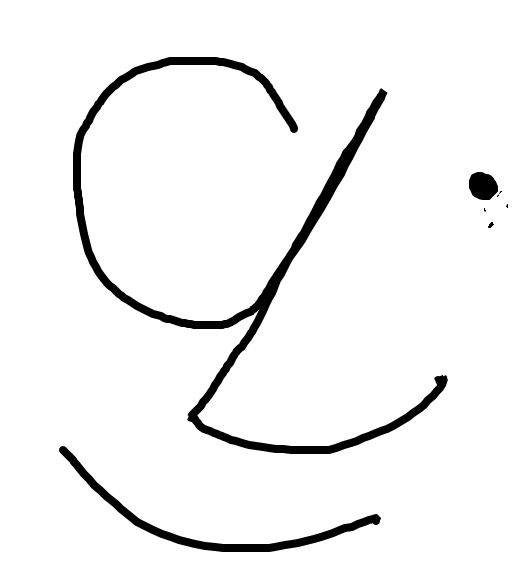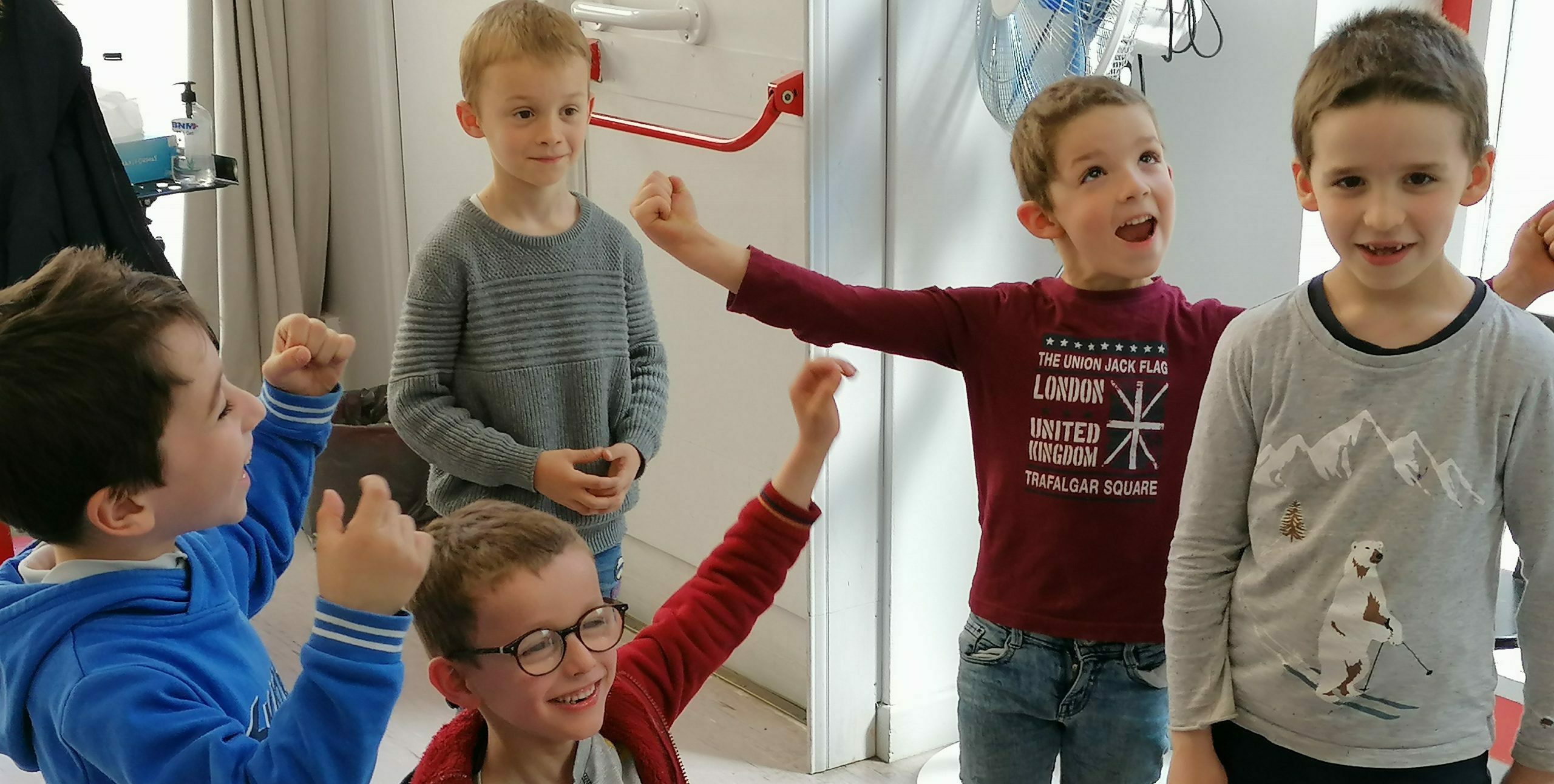Do authority and discipline have a place in the Willems® pedagogy?
If so, at what level?
The question of discipline in introductory music lessons comes up frequently in training courses. It is often asked by young, inexperienced teachers, which is only natural.
The aim of this article is not to provide magic solutions to difficulties that are as varied as the situations and people involved.
Rather, the idea is to ask our readers to share their thoughts and experiences, and tell them that they are not alone in being (or having been) confronted with these issues.
Having worked in nursery and primary schools, I’ve seen how children can completely change their behaviour from one year to the next, when the teacher changes. The teacher’s attitude seems to be to blame.
We sometimes see teachers completely overwhelmed by their pupils, even with small numbers and at a very young age. At other times, we get the impression that the teacher exudes a kind of ‘natural authority’.
To open up the debate, I’d like to suggest a few ideas…
Observe
Young teachers often know more about music than they do about child psychology.
Sometimes they are so keen to share their love of music that they forget the steps that the child needs to take to reach the same level.
The first step is to observe the child closely, and the child in the group.
This enables us to identify the child’s current needs, which are sometimes far removed from the current activity, and to assess how best to meet them.
But while the teacher is ‘observing’, who is conducting the lesson?
Naturally, this observation develops over time…
The ideal tool for making progress is video: film your lessons, then take the time to watch them, either on your own or with someone more experienced.
But that’s not enough to solve all the problems.
Silence! … ?!
Learning requires peace and quiet to encourage concentration, and in the case of music, a lot of silence to encourage listening to sound!
It may therefore be tempting to impose silence as a prerequisite for activity.
But this does not guarantee the quality of listening that we hope and pray for.
Nor the active, inventive and joyful participation we hope for!
So it may be tempting to rely on the appeal of music to get the pupils to join in and participate actively and constructively.
But since everyone reacts differently, it’s not certain that the music will be heard or that the most timid will find it to their liking…
And what about Willems?
Jacques Chapuis, Founding President of AIEM-Willems, recounted how the song “Le géant” was born of an unexpected situation to which Edgar Willems responded in his own way:
One day when he entered the classroom, he found his pupils standing on the table (it was a small group). Instead of scolding them, he exclaimed “Oh, giants!”, and began to improvise the song … which we still use today as a reference for the Tierce mineure!
Questions
So should we always try to ‘musicalise’ every situation?
Does observing children’s needs lead to satisfying all their desires?
Jacques Chapuis often said, “Children are superior to adults in terms of their potential”.
Does this mean that children are always right?
And what does this “natural authority” referred to above consist of? Can it be acquired?
The debate is open
The debate is open, not to start a polemic, but to help our young teachers to be happier in their work in the service of children and music.
Please comment on this article below.


